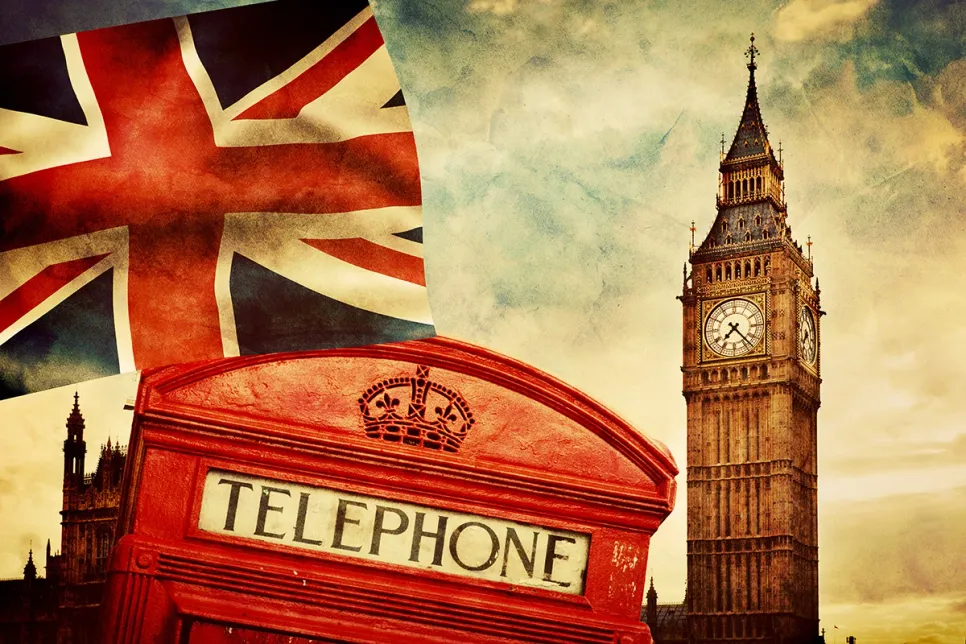Telefonica Tech Reports Strong IoT Gains in Spain
New hazard warning equipment in Spain has boosted Telefonica Tech’s overall IoT connection numbers in the opening 11 months of the year.

The UK government is set to start the process of removing Huawei from networks in the country and ban operators from purchasing new equipment. The decision comes after a review into the vendor found severe security issues, The Sunday Times reported.
The newspaper wrote that a review by the UK’s National Cyber Security Centre (NCSC) deemed Huawei’s products unsecure, and ministers are likely to approve policy in the next two weeks which would see a ban on the purchase of new Huawei equipment implemented at the end of the year. Should the policy come into force, Huawei kit would be removed from existing parts of 5G networks by 2026 or 2027, which would be followed by its 4G and 3G involvement.
The NCSC’s decision represents a major shift from earlier in the year, when the UK approved operators to use Huawei equipment in non-sensitive parts of their networks, limited to 35 percent. However, in May, NCSC confirmed it was conducting a fresh review into the vendor to assess the impact of tightened US sanctions around the use of domestic components in overseas chip production.
The Sunday Times reported the NCSC found the US move fundamentally changes the situation, prompting the policy changes, which could be announced officially at the end of this month. An unnamed government source told the newspaper the US sanctions are unlike anything they have ever seen before. “Huawei is in a position without any easy fixes or loopholes. This fundamentally changes the calculation. The impacts are so severe that, given the need to give clarity to industry, there will be decision taken and parliament will be notified this month,“ the source said.
The shift in stance on Huawei would represent a major victory for both the US, which lobbied for its allies to ban the vendor, and certain MPs within the government, who maintained pressure on UK Prime Minister Boris Johnson to take a harder line on the company. Huawei has protested its innocence since news of NCSC’s review in May, arguing it posed no security risk and insisting it operates independently from the Chinese government.